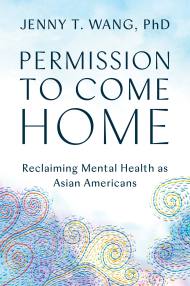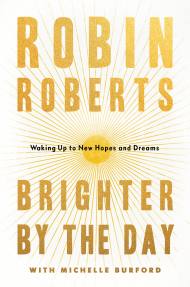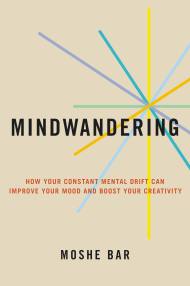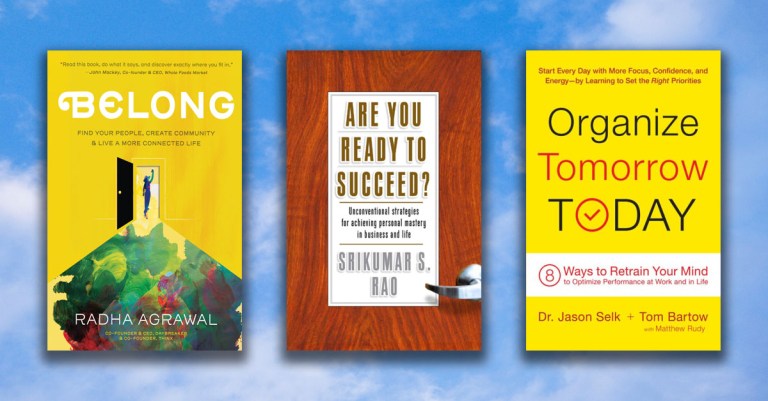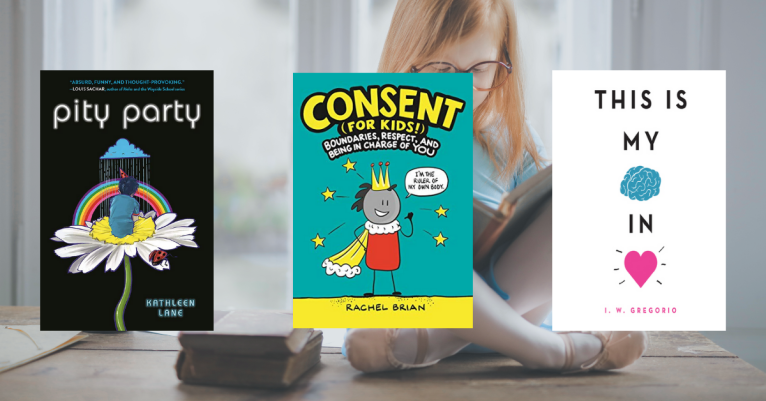6 Books That Will Help You Start A Conversation About Mental Health
Unfortunately, there is still a lot of stigma surrounding anxiety, depression, and other mental health issues, which can make them difficult to discuss. But the reality of the matter is that most people struggle with their mental health at some point in their lives. Thankfully, there are books available that can help make these conversations easier. These self-help, memoir, and other non-fiction books are the perfect way to jumpstart a conversation about mental health and encourage personal growth.
Dr. Jenny T. Wang is an advocate for mental health, especially for Asian Americans. Currently, Asian Americans are investigating their racial identity and their place in the framework and history of this country. And while they face a lot of pressures and unfair expectations, they are the racial group least likely to seek out mental health services. Dr. Wang’s Permission to Come Home confronts the stigma Asian Americans face when dealing with their mental health, and opens up the door for readers to embrace mental and emotional self-care.
In Brighter by the Day, beloved host of Good Morning America and New York Times bestselling author Robin Roberts offers a guide to finding hope and optimism. Roberts’ goal is to find ways to infuse positivity into every day, no matter how difficult its challenges, by sharing her tips for living a more positive and optimistic life. This book is full of compassion, and readers will find that Roberts is a supportive voice ready to meet them wherever they are on their journey to living a happier life.
In Emotional Inheritance, award-winning psychoanalyst Dr. Galit Atlas sheds light on generational trauma and how it affects our lives. Growing up, we experience the trauma and pain of those who raise and love us, and carry those feelings throughout our lives. Drawing from decades of research, personal experience, and her patients’ stories, Dr. Atlas helps readers identify the emotional burdens we all inherit and gives us the tools we need to confront that part of our mental health history.
Have you ever wondered if your dog gets sad when you leave the house? Or if your cat purrs because she loves you? Unfortunately, it’s difficult to understand animal emotions and how they compare to the human experience, but by studying the emotions of animals we can learn a lot about our own behaviors. In The Nature of the Beast, pioneering neuroscientist David J. Anderson describes a revolutionary approach to studying animal behavior and how we can use it to learn about ourselves.
Focusing on one thing is challenging! Our brains naturally wander and are constantly on the move. Our brains are constantly worrying about the future, daydreaming, and taking up to forty-seven percent of our waking time with non-stop thoughts. All of that sounds negative, but in Mindwandering, cognitive neuroscientist Moshe Bar reassures us that all that movement in our minds actually has a purpose. Using the context of psychology, neuroscience, psychiatry, and philosophy, Bar provides readers with practical knowledge that will help them better understand how their minds work and how to harness the power of the mind to promote creativity and more.
Emily Martin has a PhD in English from the University of Southern Mississippi. She’s a contributing editor at Book Riot and blogs/podcasts at Book Squad Goals.
